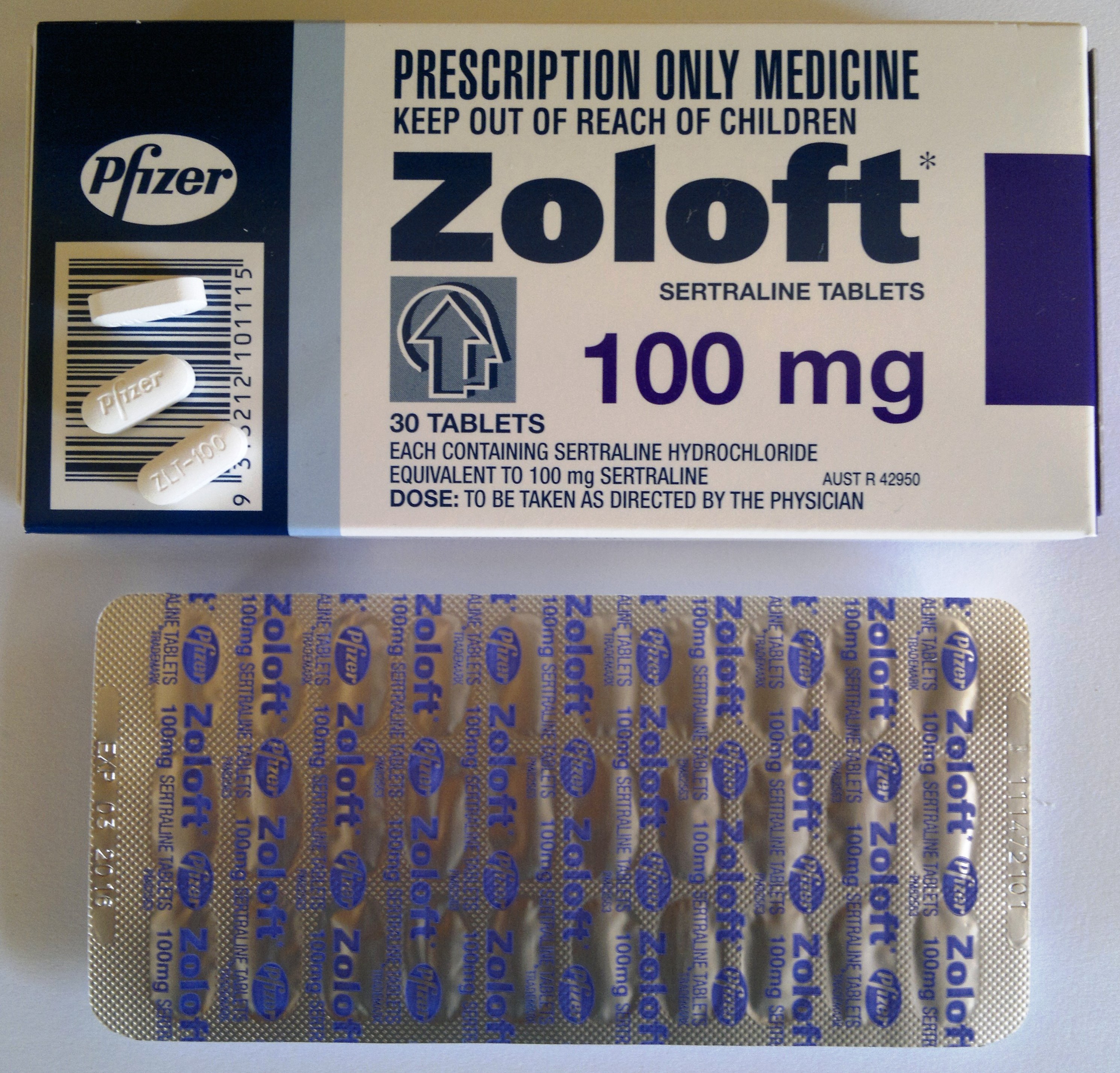In April 2015, a jury in our own fair city of St. Louis found Pfizer’s Zoloft, the best-selling antidepressant on the market, not responsible for causing birth defects in a child whose mother took Zoloft while pregnant. This case was a bell-weather lawsuit -the first of its kind to go to trial, while many similar cases across the county wait in the wings. The drug company defended itself by reminding the jury that pharma companies have an obligation to inform physicians about possible risks and that Pfizer did so with its extensive label warnings. We will likely see more of these cases here in St. Louis as there were many other plaintiffs involved in the original suit filed in 2012. The jury felt that there were just too many unknowns to point the finger at Pfizer.
These types of cases involving a claim against a pharmaceutical company for failing to warn patients of the potential side effects or risks of their drugs are often lumped together in what is called a mass tort claim. These claims are very different than the class action claims we often hear about. In a class action a group of people brings a lawsuit for an almost identical injury. There can be hundreds of thousands of plaintiffs who were all wronged in a similar fashion and all damaged in a similar manner. Often the damages suffered by any single plaintiff are so small it is not worth even the filing fee to bring a case. However, by lumping thousands of plaintiffs together in a single class action the wrongdoer is forced to account for his actions. Class actions have often been criticized as a corruption of our legal system where the plaintiffs walk away with 2 dollar coupons and the lawyers make millions in fees. Others argue that it is a legitimate check on corporate greed and that if it were not for the threat of class actions companies would be able to take advantage of consumers with little or no threat of ever being held accountable.
A mass tort action such as the Zoloft and birth defects case is different than a class action in that each case stands on its own and can be tried to a jury separately. All of these cases share some common factual context (i.e. allegation that Pfizer knew of the dangers and failed to warn) so they are consolidated together for purposes of discovery. Cases filed all over the country are often transferred to a single Federal Court House for what is called Multi District Litigation or an MDL. A lead panel of attorneys is assigned by the court to manage the litigation for the plaintiffs and they pool their knowledge and resources for purposes of pre-trial discovery. In the interest of judicial expediency these cases are allowed to share documents , depostions and other evidence, however, they can all be tried separately. This is because while each case does share some basic factual similarities there are very often vast differences as well. For example, one Plaintiff’s doctor may have warned them of the risks of birth defects while taking an SSRI anti depressant while another Plaintiff may have had no idea. They can also have very different damages. One plaintiff may have had a baby who was exposed to the drug in utero but show no signs or symptoms and may only require monitoring in the future. Another baby may be born with a heart defect and require immediate surgery and costly medial support.
We see too many examples of drug manufacturers who have rushed a product through the FDA approval process without adequate testing or a thorough understanding of all of its effects. Even worse, we’ve seen cases where information has been deliberately hidden from the public regarding negative side effects. We believe in holding these companies responsible when they put their own corporate profits above the public’s welfare. The drug companies may spend hundreds of millions of dollars in marketing their products to the medical community and public but we know that individuals harmed by pharmaceuticals are not just a statistic and shouldn’t be treated as such.





